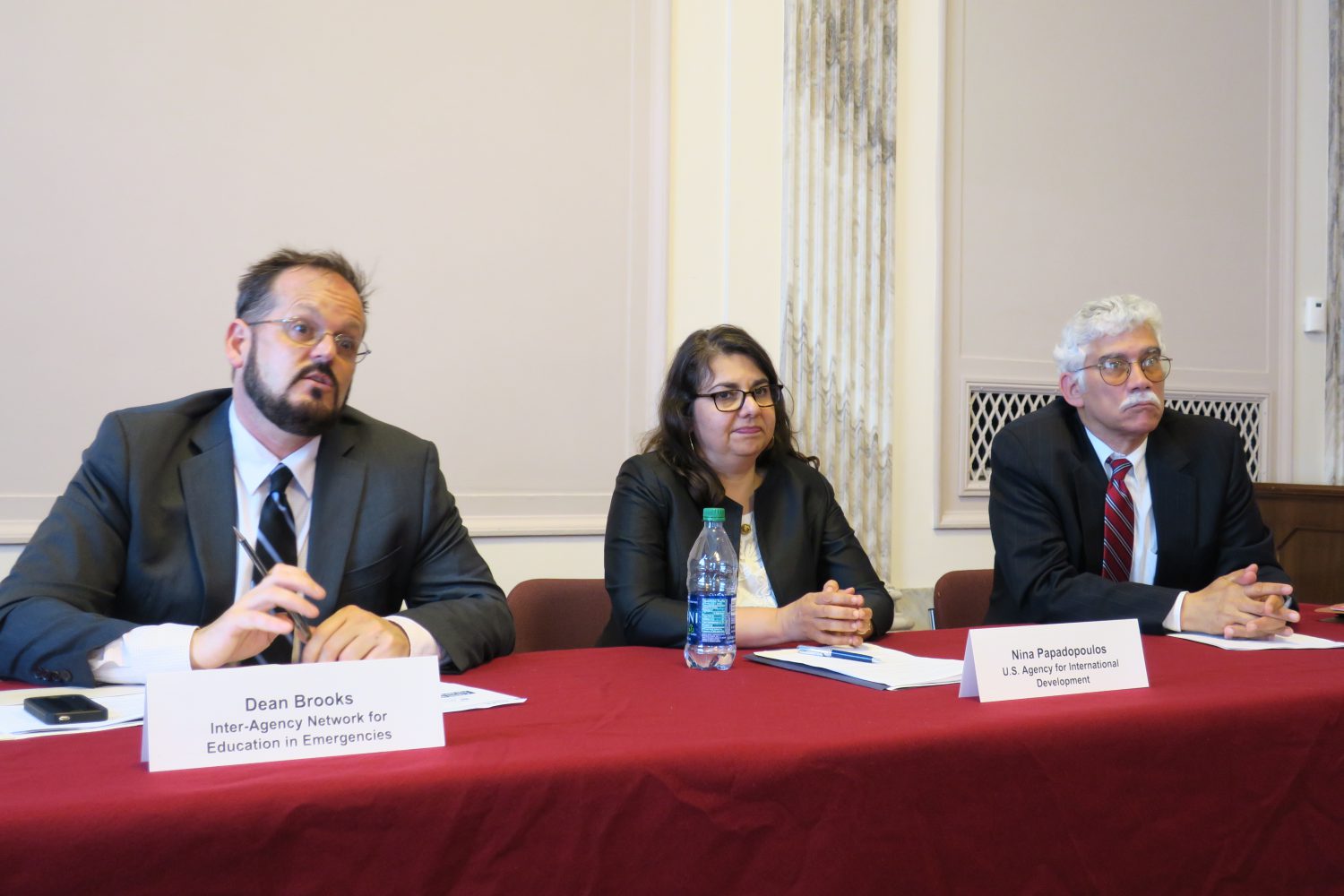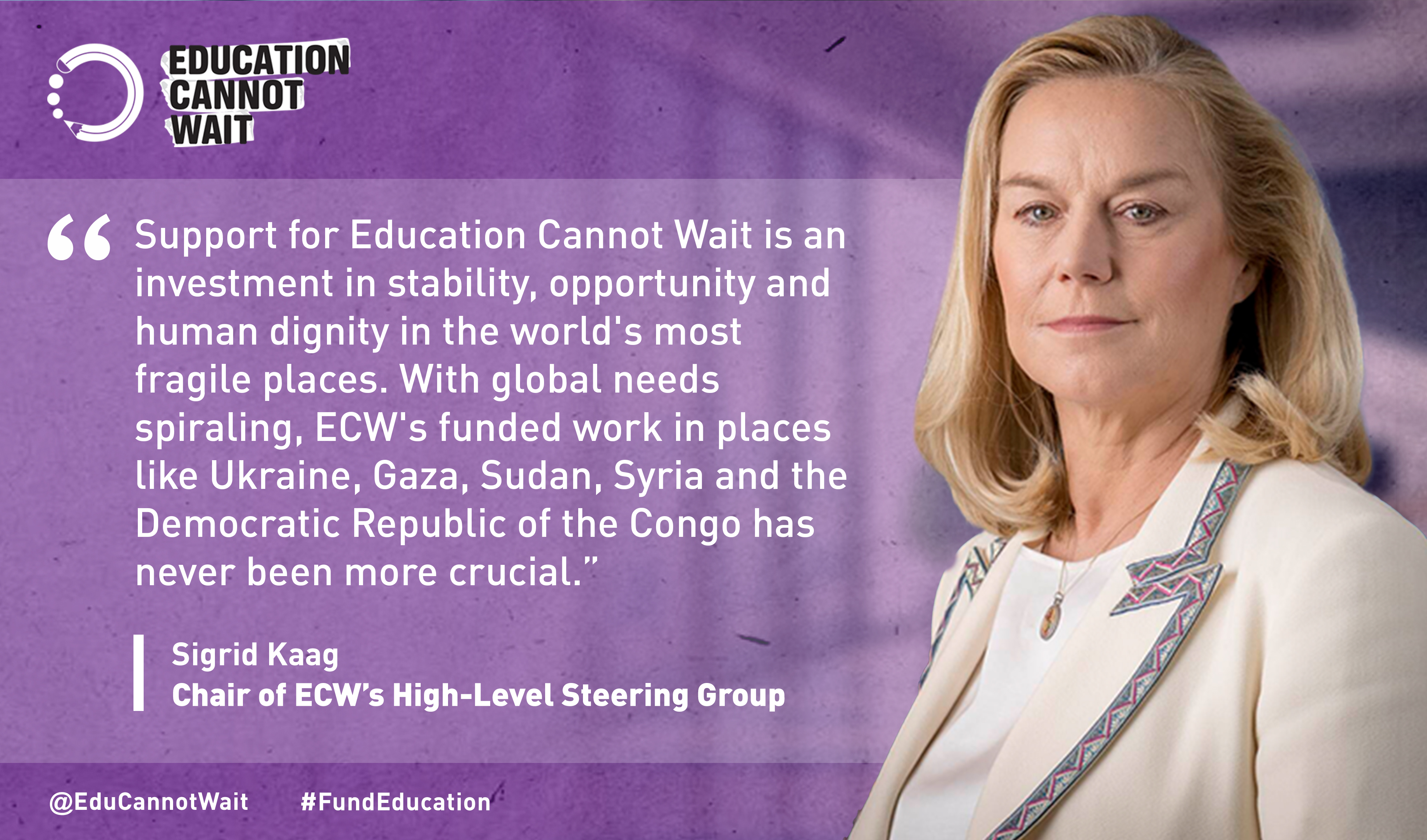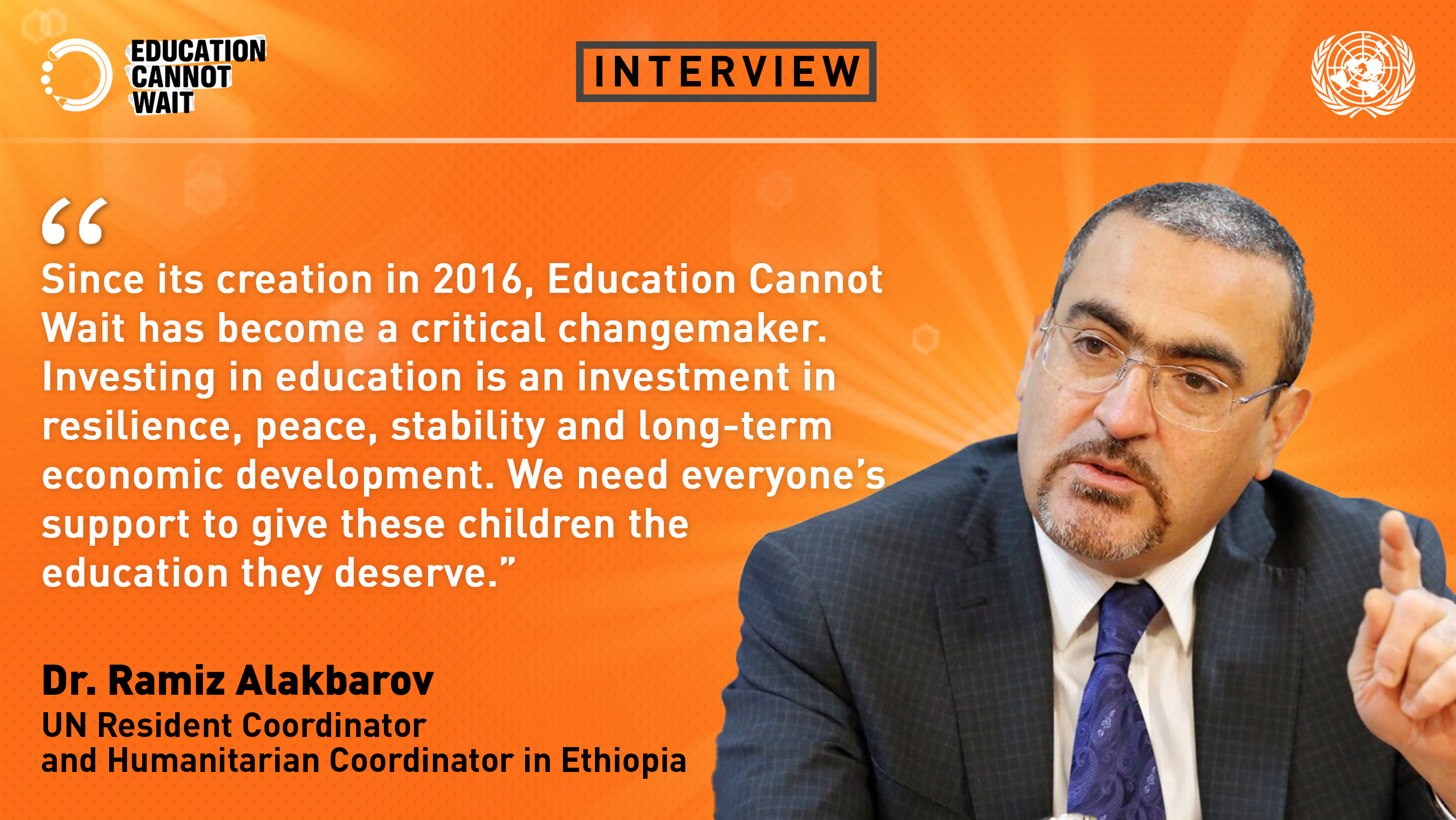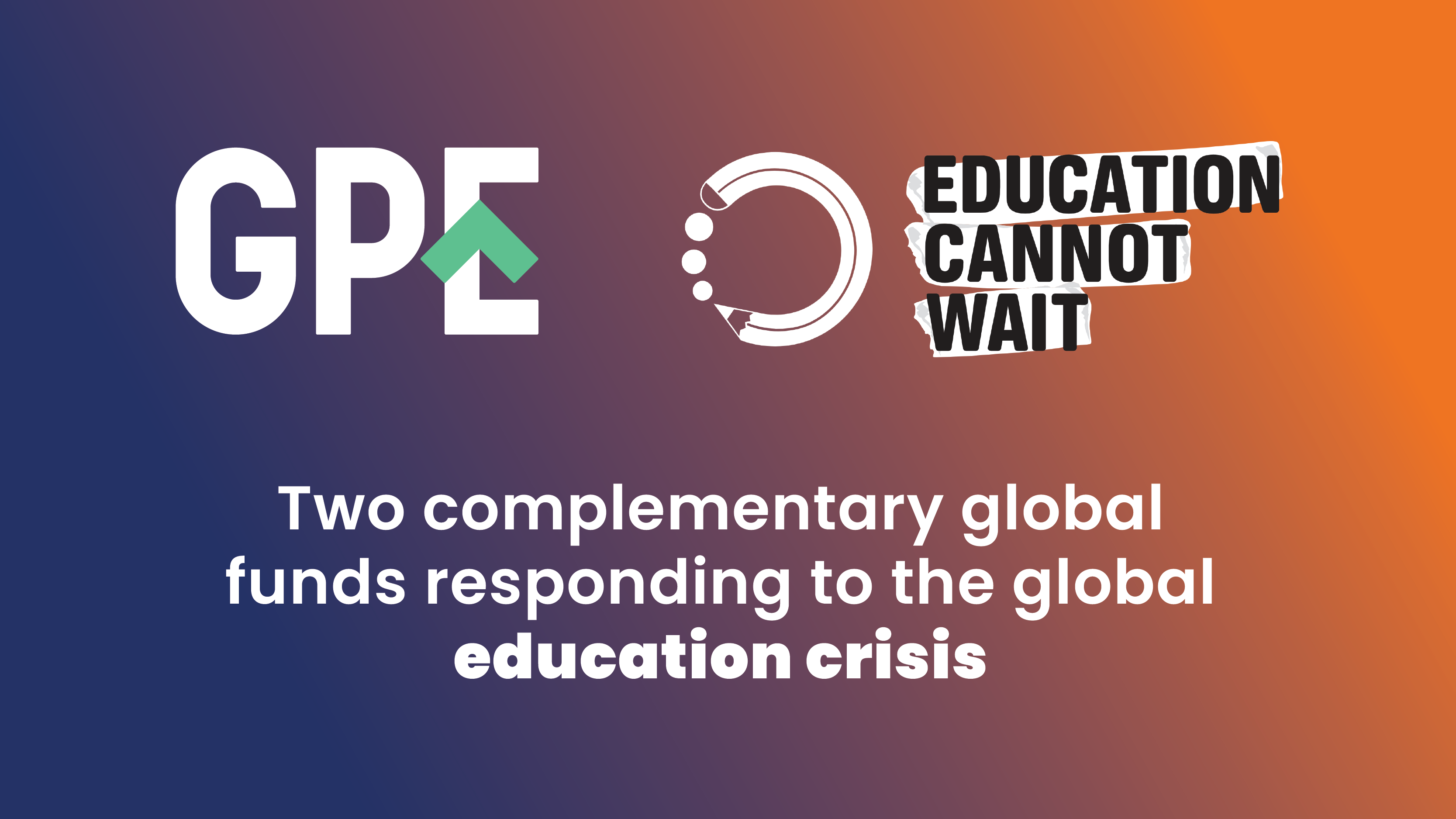The Right to Education Does Not Cease in a Crisis

Education is a must have, not a nice to have. But globally, 75 million school-age children affected by emergencies and protracted crises are in desperate need of educational support. The situation for refugee children, who are five times more likely to be out of school than non-refugee children, is most severe. In fact, only 50 percent of refugee children have access to primary school, only 22 percent have access to secondary school, and just one percent of refugees attend university. As Education Cannot Wait celebrates its one-year anniversary, the need for education remains great.
Since our founding 37 years ago, the Jesuit Refugee Service (JRS) has worked to tackle these challenges. Now operating in more than 45 countries globally, we are rooted in the Jesuit commitment to excellence in education and offer education programs for refugees and other forcibly displaced persons both in refugee camps and in non-camp settings.
On May 24, we hosted a panel discussion on “A Crisis Unfolding: Access to Education for Refugees and the Forcibly Displaced.” Partnering with the Global Campaign for Education, JRS welcomed over 50 people to the event at the Russell Senate Office Building in Washington D.C. Our three-person panel included Dean Brooks, Director of the Inter-Agency Network for Education in Emergencies (INEE); Nina Papadopoulos, Team Lead of Education in Crisis and Conflict for USAID; and Alex Palacios, Chief of Staff for the Global Partnership for Education.
The panelists discussed the greatest challenges that they face in the field. Nina said that no two USAID education programs look the same, highlighting the need for implementation that is flexible, adaptive, and immediate. Studies have demonstrated that the longer children are out of school, the harder it is to get them back in the classroom.
The conversation on challenges also focused on coordinating efforts. Dean stressed coordination as one of the biggest issues for his members at INEE, a global network of UN agencies, NGOs, donors, governments, universities, schools, and affected populations. INEE works to address this problem through community building, facilitating and learning, and providing other resources. Dean called INEE a lifeline for those working in the field, one that he used himself while working in the field for over a decade. The panelists agreed that Education Cannot Wait has played an important role in coordination. Nina said that USAID sees Education Cannot Wait as a wonderful example of partnership and people “rolling up their sleeves and getting to work.”
The audience also learned about the lack of sufficient financing for education in crisis situations. Alex said that less than two percent of funds raised for humanitarian crises goes to education, creating a need that Education Cannot Wait is so crucially filling. He pointed to the recent famine in Yemen as a situation where education must be part of the humanitarian response and immediate action is necessary. Two million children are currently out of school in the country and 30,000 teachers have not been paid in the last year.
The panelists saw education as something that not only has an impact on a personal level, but also on a national level. Nina emphasized that education, if provided equitably, can lead to peace and security. Many of the communities with which USAID partners see the link between education and peacebuilding, and are prioritizing education as one of their primary goals alongside security. The panelists agreed that there is a high demand for certified, credible education in displaced communities. Dean added that access to education must be “quality, relevant, and safe.”
Many of the same challenges posed by our panelists are also outlined in JRS/USA’s latest paper, A Worthy Investment: Access to Education for Sudanese Refugees in Chad.
The UN Refugee Agency, UNHCR, estimates that the world currently faces the highest level of displaced persons since World War II. With so many children displaced by crisis, we must provide education quickly and effectively. Education Cannot Wait provides the funding for a timely response. As Dean said best during the panel, “the right to education does not cease during a crisis.”
Article from the Jesuit Refugee Service



